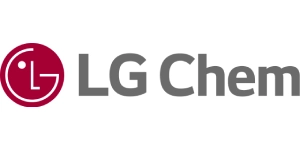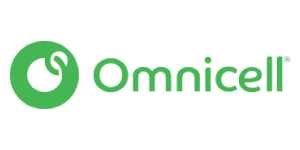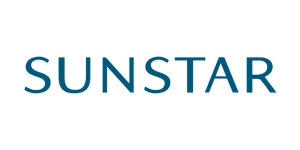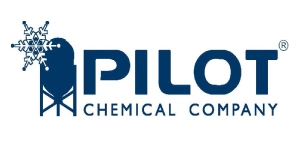Bioidentical Hormones Market: Trends, Innovations, and Future Outlook [2025 to 2032]
Category : Healthcare | Published Date : May 2025 | Type : Press Release
Bioidentical hormones are chemically identical to the human hormones produced naturally in the body. They are derived from plant sources and are often used in hormone replacement therapy (HRT) for menopause and other conditions. Bioidentical hormones are used to replace estrogen and progesterone and in other conditions where hormone imbalance is present. Bioidentical hormones are popular as a hormone imbalance solution due to their natural origin and potential for individualized treatment, as they allow customized doses for specific patient needs. In this blog, we will discuss about bioidentical hormones market growth, scope, trends, and key players, among others.
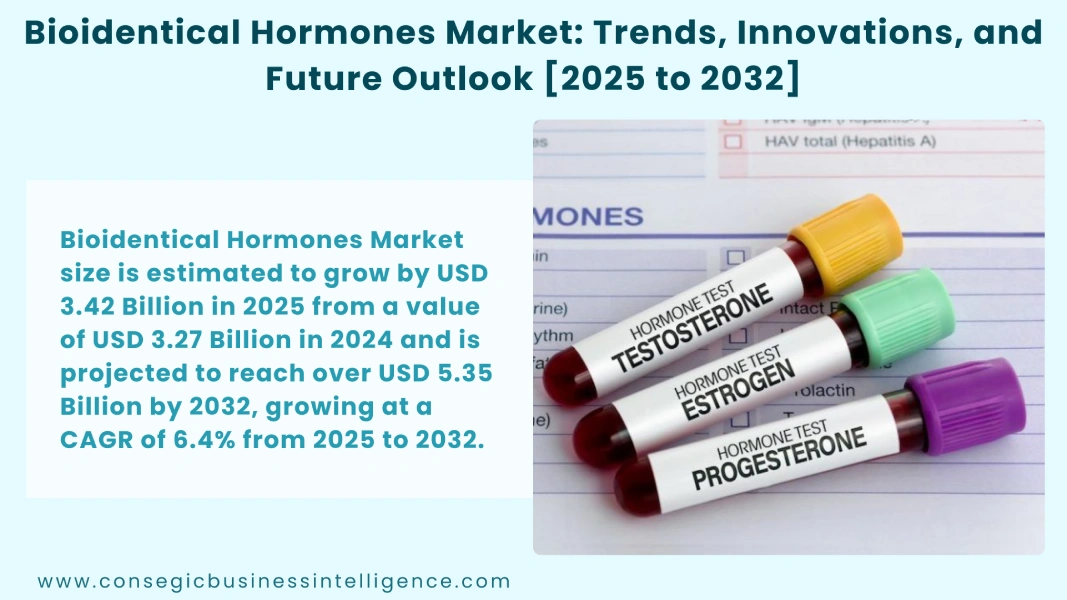
How big is the bioidentical hormones market?
Bioidentical Hormones Market size is estimated to grow by USD 3.42 Billion in 2025 from a value of USD 3.27 Billion in 2024 and is projected to reach over USD 5.35 Billion by 2032, growing at a CAGR of 6.4% from 2025 to 2032. The North American region held the largest revenue share in 2024, while Asia Pacific is fastest fastest-growing region during the forecast period. The rising awareness and prevalence of hormonal imbalances are leading to an increase in global bioidentical hormones demand. Moreover, market analysis of hormone therapy shows that there is a large contribution of FDA-approved hormones and compounded bioidentical hormones.
Segmentation Analysis
The market is segmented based on type, product type, and end-use. By type, the estrogens accounted for the largest revenue in the bioidentical hormones market in 2024 due to their perceived safety and efficacy in reducing menopausal symptoms. Meanwhile, progesterone is expected to witness the fastest CAGR growth during the forecast period, since it is used to treat a range of conditions, including menstrual irregularities, premenstrual syndrome (PMS), and hormone deficiencies.
Based on product type, tablets and capsules accounted for the largest revenue share in the bioidentical hormones market in 2024 due to their convenience and ease of use. Meanwhile, creams and gels are expected to register the fastest CAGR growth during the forecast period as they are widely favored for their ability to deliver bioidentical hormones through the skin, bypassing the liver and enhancing bioavailability.
Based on end-use, the hospitals accounted for the largest revenue share in 2024 as they provide hormone replacement therapies under strict medical supervision, leading to enhanced safety. Meanwhile, gynecology clinics are predicted to register the fastest CAGR growth during the forecast period as these clinics specialize in personalized hormone replacement therapy, often tailoring treatment to each patient's unique hormonal profile.
Regional Analysis
North America dominated the bioidentical hormones market and is expected to continue growing due to factors like major product launches and favorable reimbursement policies. Asia-Pacific is projected to be the fastest-growing region, driven by the rising number of women reaching menopause and the increasing awareness of menopause hormone therapy in East Asian countries.
In Europe, the bioidentical hormones market is expanding due to rising incidences of hormonal imbalances and a shift towards advanced treatment options. In the Middle East and Africa, the bioidentical hormones market is emerging, influenced by growing healthcare awareness and rising investments in medical technologies. Latin America is witnessing gradual growth in the bioidentical hormones market, driven by increasing healthcare needs and a focus on personalized hormone treatment.
Key Trends & Innovations
Companies are investing in research to create more convenient and patient-friendly delivery systems for bioidentical hormones. This includes exploring innovative methods, including subcutaneous implants and long-acting injections. While traditionally associated with women's health, there is growing recognition of the potential benefits of BHRT for men, particularly in addressing issues like low testosterone by offering testosterone replacement therapy.
Moreover, companies are launching single-pill solutions and offering support in multiple languages to improve patient compliance and raise awareness regarding BHRT. In compounded bioidentical hormone therapy, advancements in particle size and distribution of micronized progesterone powders are crucial for optimal absorption. Increased research and screening tests are providing valuable data to inform BHRT practices and improve patient outcomes.
Regulatory Landscape
While some bioidentical hormones are FDA-approved, compounded bioidentical hormones are not regulated by the FDA, raising concerns about their safety and efficacy. Some bioidentical hormones, like estradiol and micronized progesterone, are manufactured by drug companies and approved by the FDA (US Food and Drug Administration) for specific uses.
Moreover, personalized hormone treatment is custom-made by pharmacies according to a doctor's orders, and it is not subject to FDA approval. This means they do not undergo the same rigorous testing and quality control as FDA-approved hormones. Therefore, due to the lack of FDA regulation, compounded BHTs have inconsistencies in formulation, potency, and purity.
Competitive Landscape
The bioidentical hormone market is a competitive space with various players, including those focused on traditional pharmaceutical products and those specializing in personalized medicine. The market is experiencing strong growth, driven by increasing awareness of hormonal imbalances and a growing preference for personalized therapies. Key players in the market include –
- SottoPelle (United States)
- BioTE Medical (United States)
- Advantage Pharmaceuticals (United States)
- Full Life Wellness Center (United States)
- Neuva Aesthetics (United States)
- Novartis AG (Switzerland)
- Orion Pharma AB (Finland)
- Bayer AG (Germany)
- Merck KGaA (Germany)
- Pfizer Inc. (United States)
Challenges & Restraints
The bioidentical hormone market faces challenges like limited clinical evidence, high costs, and regulatory scrutiny. The market often relies on smaller studies and testimonials, hindering broader acceptance by healthcare providers and regulators. Stringent regulations, especially regarding safety and efficacy compared to synthetic hormones, can limit market expansion. The high cost of bioidentical hormone therapy can be a barrier to accessibility. Some studies have linked bioidentical hormone therapy to an increased risk of breast cancer, which leads to restricted adoption of bioidentical hormone therapy.
Opportunities & Future Outlook
The shift towards personalized medicine and the growing awareness of hormonal imbalances are driving the demand for bioidentical hormone therapies, which offer a more natural approach to hormone replacement. The integration of telemedicine platforms in healthcare is creating new opportunities for accessing bioidentical hormone therapy and managing hormonal health remotely. Significant growth opportunities are identified in emerging markets, particularly in the Asia-Pacific region, which is expected to be the fastest-growing region during the forecast period.
Moreover, the market is witnessing the development and launch of new products, including different dosage forms (tablets, capsules, patches, and implants) and types of bioidentical hormones (estrogen, progesterone, and testosterone). Advancements in manufacturing and delivery systems are leading to more efficient and effective bioidentical hormone therapies. The aging population and increasing awareness of women's health issues are contributing to the growth of the market, with bioidentical hormones playing a key role in managing menopausal symptoms and other hormonal imbalances.
Conclusion
Bioidentical hormones mimic the natural hormones in the human body. The aging population, with its increasing prevalence of menopausal symptoms, is a significant driver for the bioidentical hormones market. More women are becoming aware of the impact of hormonal changes and the benefits of HRT, particularly with bioidentical hormones. Bioidentical hormones offer a more tailored approach to hormone therapy, aligning with the growing trend of personalized healthcare. Innovation in delivery methods and formulations is improving the effectiveness and safety of bioidentical hormone therapy. Moreover, healthcare professionals are increasingly incorporating bioidentical hormones into their treatment plans. Some individuals seek bioidentical hormones as an alternative or complementary approach to traditional synthetic HRT.



